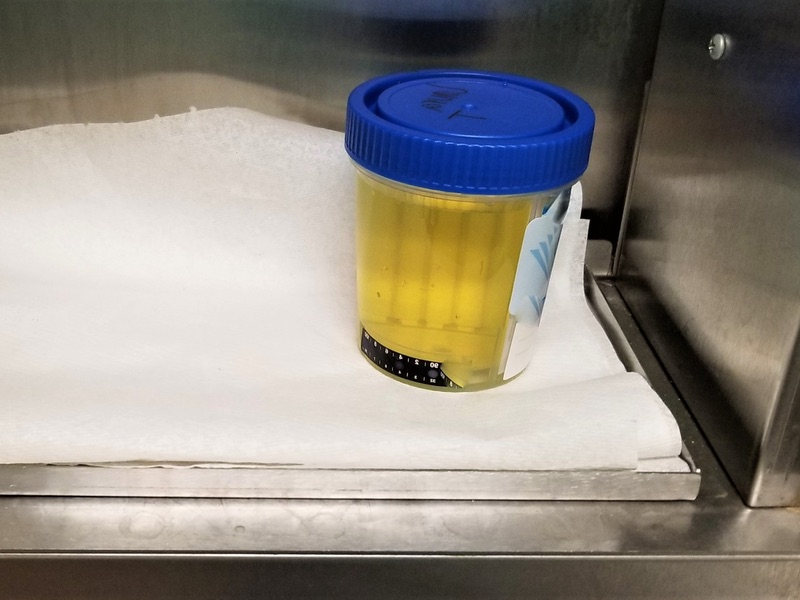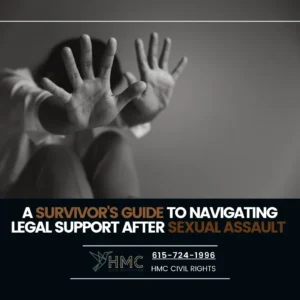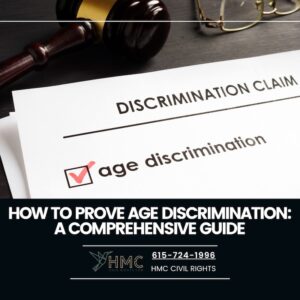Random drug testing has become increasingly common in workplaces across the United States recently.
Since the Drug-free Workplace Act of 1988, companies nationwide have been rushing into compliance. So, what are your rights when it comes to random drug tests? Can your employer test you without warning, even if you’re not suspected of using drugs?
This blog post will discuss the legality of random drug tests, employee rights, and how you can contest a screening.
Can Employers Drug Test Their Employees?
Yes, employers may have the right to drug test their employees if they follow the proper procedures and state and federal guidelines.
The most important thing to remember is that random drug testing must be conducted fairly and consistently. All employees should have an equal chance of being selected for a drug test, and no employee should be singled out for testing more than once.
Employers should also have a clear policy outlining how random drug tests will be conducted. This policy should be given to all employees so there are no surprises down the road.
State and Local Drug Testing Laws
Although random drug testing is legal at the federal level, some states have their own laws regulating how employers can test their employees. Before taking a random drug test, make sure you know your state’s random drug testing laws to be prepared.
It’s important to note that although the federal government allows for random drug testing in the workplace, some states have specific laws that regulate how employers can test their employees.
If you’re an employee who may be subject to random drug testing, it’s essential to know the laws in your state to be fully aware of your rights.
For example, in some states, employers may be required to provide advance notice of any drug testing. In contrast, others may require employers to have a valid reason or suspicion before testing an employee.
Some states may require employers to follow strict procedures when conducting drug tests or even require employers to provide alternative testing methods, such as hair or blood tests.
To ensure that you’re prepared for a random drug test, it’s crucial to familiarize yourself with your state’s laws on drug testing in the workplace.
You should also review your employer’s policy on drug testing to determine what procedures they follow and to ensure that they comply with state regulations.
If you have any doubts or questions regarding drug testing laws in your state, consult an employment lawyer for guidance and support.
Read this blog post for more information about state-specific drug testing laws.
Protecting your rights as an employee starts with knowing your state’s drug testing laws. This can help you prepare for a drug test correctly and take necessary actions to protect yourself from disciplinary actions or wrongful termination.
Have you been wrongfully terminated due to a drug test? Contact our team at HMC Civil Rights for a case review. Complete the form on this page to get started today!
Can an Employee Refuse a Drug Test?
Generally speaking, if your employer has a policy requiring random drug testing, you will be expected to comply. If you refuse, you may be subject to disciplinary action, up to and including termination.
However, there are some exceptions to this rule. If you have a medical condition that prevents you from taking a urine test, you may be able to provide a doctor’s note excusing you from the test.
You may also be able to refuse a random drug test if it violates your state’s random drug testing laws (as discussed earlier).
But if you do choose to refuse a drug test, be prepared for the consequences. Again, your employer could fire you for refusing the test.
What Happens If You Fail a Drug Test?
If you fail a random drug test, the first thing you should do is consult with a lawyer. You may have legal options available to you, depending on the state you live in and the circumstances surrounding your test.
In most cases, however, failing a drug test can result in disciplinary action from your employer. This could be anything from a warning to probation to termination.
Contact a workers’ rights lawyer if you’re facing disciplinary action or have already been fired because of a failed drug test. You may have grounds for an appeal or wrongful termination claim.
Request a Re-Test
If you tested positive for drug use even though you haven’t used any drugs, one thing that you can do to request a retest. Many employers understand that these panel tests may result in false positives and won’t hesitate to accommodate your request.
Presenting Evidence for a Retest
When asking for a retest, it’s also helpful to present evidence of why you tested positive the first time.
A letter from a doctor or pharmacist regarding a prescription medication will be of great help.
As an employee, you have the right to challenge a drug test’s results and contest any disciplinary action that may result from a positive test. It’s always best to consult an experienced employment lawyer for legal guidance and protection.
Unionized Workplaces and Retests
Unionized worksites often have rules and regulations allowing immediate re-test without requiring evidence.
The union may have negotiated a retest provision into the collective bargaining agreement to protect employee rights. If you work in a unionized workplace, you must check your union contract or speak with your union representative to learn more about your rights.
Re-tests are a crucial step in protecting your rights as an employee. It helps identify false positives and correct any errors in drug testing.
Don’t hesitate to request a retest if you’ve been wrongly accused of drug use or have tested positive due to legal prescription medication use.
Present evidence supporting your case and consult an employment lawyer to guide you through the legal process.
HMC Civil Rights is here to help you protect your rights as an employee. Contact us today for more information.
Conclusion
Random drug testing can be disruptive and stressful. Still, as long as employers follow the law, it is perfectly legal. If you’re an employee facing random drug testing at work, make sure you know your rights under the law, and if you think your employer has violated your rights, don’t hesitate to contact a workers’ rights lawyer.
At HMC Civil Rights, we’re here to ensure that your rights are protected. Contact us today if you need any legal assistance related to employment law.






